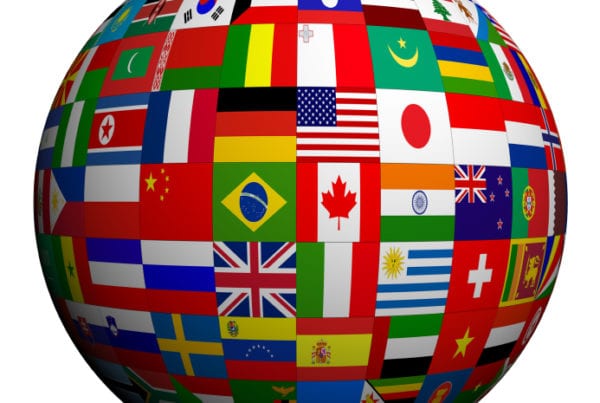As many of you know, I play electric guitar and sing for two rock bands, Overtime Crew and The Spirit of Rush.
As a professional speaker, music performance is not a big stretch for my personality, but it is a new domain with its own challenges: multitasking (I sing and play guitar), dealing with equipment issues, and of course, the late nights. I am not a night person, to say the least. I am at my best in the morning, so being up until 3am for a show was a big adjustment. I’m perfectly fine while we are playing, but the next day I feel like a zombie.
Throughout this journey I have had several people ask me “why do you do this to yourself?” They see the exhaustion, the sore muscles from hauling gear around, and the hard work.
To me, however, the answer is clear. When I play music on stage I look out into the audience and see them smiling and dancing. I see how we lift them up and bring them together. The brotherhood of my bands provides yet another platform for collaboration and goodwill. Then there is the effect that music has on me personally. It is an expression of a vital part of myself. This clarity has helped me through the difficult parts of being in two professional rock groups.
As I go from company to company, I see leaders asking similar questions as they manage a diverse workforce, especially across multiple time zones. “Why do I do this to myself? Is it worth it? When will things get easier?”
The difficulties of global leadership are visible: Late night conference calls, having to be available at all hours, managing different styles of communication and teamwork, and a host of other issues. I see many of these same leaders rising to the challenge, finding ways to be agile in a “borderless” workplace.
What I don’t always see, however, is clarity about the payoff to them. They do their job well but are unsure of the rewards, other than upward mobility in the company. As a result, their direct reports may feel the same, wondering what’s in it for them. I often see burnout among teams working across time zones and cultures, some of it under the surface where it could cause the most harm.
When leaders are clear on the rewards, they role model that clarity and inspiration for others. When even one team member is clear on the benefits of intercultural business, their attitude can positively influence the rest of the team.
What are those rewards? Only you can answer that for yourself, but here are some ideas to spark your thinking:
- New approaches to old problems: Diverse perspectives may bring in solutions that may never have surfaced otherwise.
- Financial gain: If you are part of a profit-sharing company, know that ethnically diverse companies tend to financially out-perform less diverse ones (see this McKinsey and Company report for more detail (http://www.mckinsey.com/business-functions/organization/our-insights/why-diversity-matters).
- A wider, more adaptive communication repertoire: When you work across cultures you can communicate with a wider variety of people, which opens up networking opportunities, new possibilities for positions in the company, greater team success and recognition, and more. Highly effective communicators are still in short supply. Why not be one of them?
- Agility in handling rapid change: Working in fast-growing markets or in an industry of constant shift can be frustrating, but the ability to thrive in that environment is invaluable. Even if you decide not to stay in your current role, the skill of adaptability could make you more coveted in your next venture.
- Relationships: The connections you make working across cultures and borders may last the rest of your life. People who are different from you are your window to another world. They challenge your framework of thinking and allow you to envelop more complexity and nuance. This enables you to function at a higher level of leadership and solve seemingly unsolvable problems with creative thinking.
Don’t just get clear on the rewards – share those discoveries! Help others who may feel stuck or exhausted to discover those rewards within themselves. Sometimes in that process they may discover that intercultural work is not for them. That’s okay too! When we work with an intentional mindset, the path becomes clear and we can appreciate wherever we are.
What rewards have you gained from working across cultures? We would love to hear from you!





